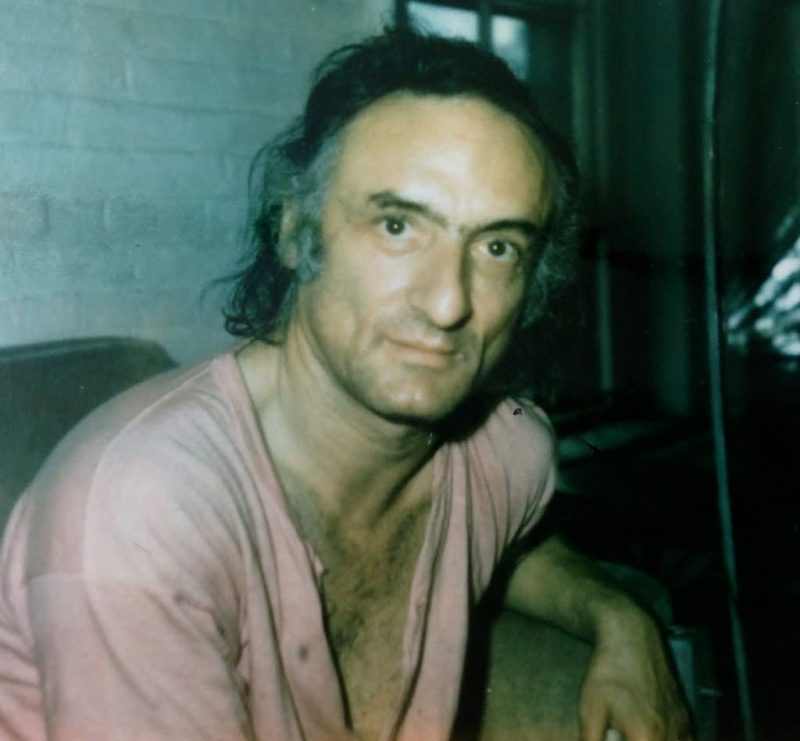Biography
Born in 1923 in the Bronx, New York, as Larry Grossberg. In 1940 he began a musical career as a jazz saxophonist and changed his name to Larry Rivers. In 1943 he was declared medically unfit for military service. Until 1945 he worked as a saxophonist in various jazz bands in the New York area. In 1944-45 he studied the theory of music and composition at the Juilliard School of Music, New York. His first encounter with fine art was through a musical motif based on a painting by Georges Braque. He began painting in 1945. In 1947-48 he studied at the Hans Hofmann School. In 1948 he studied under William Baziotes at New York University and met Willem de Kooning. In 1949 he had his first one-man exhibition at the Jane Street Gallery, New York. In 1951 he graduated in art from New York University and met Jackson Pollock. His works were subsequently shown by John Myers until 1963. In 1952 he designed the stage set for Frank O’Hara’s play “Try! Try!”. In 1953 he completed Washington Crossing the Delaware. In 1954 he had his first exhibition of sculptures at the Stable Gallery, New York. In 1956 he began a series of large-format paintings and was included with ten other American artists in the IV. Bienal Do Museu de Arte Moderna de São Paulo, Brazil. In 1958 he spent a month in Paris and played in various jazz bands. He also collaborated with the poet Kenneth Koch on the collection of picture poems in New York 1959-1960. In 1961 he married Clarice Price, an art and music teacher of Welsh extraction. In 1965 he had his first comprehensive retrospective in five important American museums. His final work for the exhibition was The History of the Russian Revolution. Until 1967 he was in London collaborating with Howard Kanovitz. In 1967 he became separated from his wife Clarice. He traveled in Central Africa and made the TV documentary Africa and I with Pierre Gaisseau. In 1969 he began to use spray cans, in 1970 the airbrush, and later, videotapes. In 1972 he taught at the University of California in Santa Barbara. In 1973 he had exhibitions in Brussels and New York. In 1974 he finished his japan series. He was represented at the documenta “6”, Kassel, in 1977. In 1978 he began his Golden Oldies Series, revising his own works of the fifties and sixties. In 1980-81 he was given his first European retrospective at Hanover, Munich, and Berlin. He died in 2002.

